[Editor's note: This is the final installment in a series examining Indiana's early childhood education options and how they are funded and regulated.]
Dream Makers Learning Ministry was especially lively the week of spring break as all of its school-aged charges spent extra time at the child care center.
It’s quieter upstairs, where a group of toddlers spends time away from the older children, molding Play Doh into different shapes under the supervision of two of Dream Makers’ seven staff members. A nursery and nap room is housed on the second floor, along with areas where children develop large and small motor skills by playing with various toys.
Downstairs, the noise builds as children ages 5 to 12 talk over each other while engaging in learning center activities like playing Connect Four, listening to a staff member read a book, playing computer games and using blocks to construct a house for a dinosaur. About 50 children currently attend Dream Makers.
After everyone grabbed their jacket and lined up single file facing the door, there was a brief moment of quiet. Then, the door was flung open and the children ran out to the sunny playground in the center’s fenced-in backyard.
“I’ve always tried to have the daycare structured so the children learn through play,” said Dawn Washington, director of Dream Makers Learning Ministry, located at 525 W. Alto Road in Kokomo. Dream Makers operates under the ministry of Precious Little Ones, which used to oversee three separate daycares before they were consolidated into Dream Makers about seven years ago.
Expecting quality
Dream Makers is one of just 77 registered ministry child care providers in the state that participates in the Paths to Quality rating system. In order to join the voluntary quality rating system, Dream Makers opted to complete a Voluntary Certification Program that comes with additional regulations.
Indiana recognizes three types of child care providers: licensed child care homes, licensed child care centers and unlicensed registered child care ministries.
The latter type is spared from many state regulations imposed on licensed centers and homes. Registered child care ministries must comply with basic sanitation, fire prevention and building safety regulations, but otherwise the facilities are left on their own in providing child care as they see fit.
State inspectors visit all types of child care providers at least twice a year to monitor conditions.
This session, the General Assembly approved a preschool voucher pilot program set to start in five counties this fall or in 2015. In the past, advocates for registered ministry child care providers have been resistant to more state intervention in the name of keeping church and state separate, but some providers say they are open to more regulation if funding comes with it.
In becoming a VCP-approved registered ministry, Dream Makers took on additional regulations related to food and nutrition, health and safety, staff training, documentation for children and other aspects of the daycare environment.
It is important to Washington to keep trying to improve the quality of child care.
“[Completing VCP] enabled us to participate in Paths to Quality, which opens doors for us to have more resources,” she said. “It helps to offer better quality child care and to have access to staff training.”
Dream Makers sits at Level One on the Paths to Quality rating system, the lowest of four levels. Level One programs are in good standing and have met all health and safety standards.
Washington hopes to move Dream Makers up to Level Two this year, which requires demonstrating that children have the chance to grow and develop through consistent daily schedules, planned activities and providing information to families.
Dream Makers seems to be on the right path. Staff member Sandra Young has designated each day of the week to focusing on different subject areas, such as math, English, science and Bible verses. Children spend “Tech Time” on tablets or laptops each day, take afternoon naps, have chapel time and enjoy free play activities each day.
They are served breakfast, lunch, two snacks and sometimes dinner, depending on how much time they spend at the center. Dream Makers is open from 5:30 a.m. to 8:30 p.m. on weekdays.
Dream Makers offers transportation to schools in Kokomo School Corp. and Taylor Community School Corp. Parents appreciate the convenience, Washington said, as the center can provide before- and after-school care.
“We have children in the morning we take to school, we pick them up and then they spend a couple hours here,” she said.
Dream Makers also meets eligibility requirements to accept federal Child Care Development Fund vouchers, which help families that qualify to pay for child care. Registered ministry daycares receive lower reimbursement amounts from the vouchers than licensed or accredited homes or centers, which impacts staff’s wages, Washington said.
“It’s hard to reward the staff for the job they do,” she said. “With the voucher program, we do not get paid as much as the licensed centers. It’s unfortunate because we’re meeting a lot of the same standards.”
Washington said she’d be open to meeting more regulations if it meant the chance to participate in the state’s pilot preschool voucher program. From an academic standpoint, Dream Makers would have more changes to make as the center does not currently implement a curriculum or focus specifically on kindergarten readiness.
Self regulated
Academics are more of a priority at South Side Christian Preschool, though the school operates without any state or federal oversight.
Twenty-three 3- and 4-year-old children attend the preschool, which occupies two classrooms, a music room and space for physical education in South Side Christian Church, 201 E. Markland Ave., Kokomo.
The prekindergarten class, made up of 4 year olds known as “butterflies,” attend a half day of school Monday, Wednesday and Friday each week. The 3 year olds class of “caterpillars” meets Tuesday and Thursdays.
Because the children are at the school for only 2 1/2 hours each day, South Side Christian Preschool is exempt from being registered, licensed or accredited. It doesn’t participate in Paths to Quality or accept CCDF vouchers.
As far as the state and federal government are concerned, the school is off the grid. Two preschool teachers started South Side Christian Preschool eight years ago.
“After years of working at another preschool, I had ideas of what I would do differently and what I would keep the same,” said Susan Bednarz, a teacher and administrator at the school, along with Mary Buchholz-Bearden. “We catch those who are in the middle — who may not qualify for Head Start but may not be able to afford something more expensive.”
Left to its own devices, South Side Christian Preschool operates like a typical preschool.
On a recent day, students wrote their names on the chalkboard in Bednarz’s room as they arrive in the morning. Parents chatted with the teachers after walking their children to the classroom.
The students then spent time playing with a sand table set up for Saint Patrick’s Day before heading down the hall for music class. Each class has only eight children, so the two groups come together to sing and dance in music class.
When Bednarz guided her students back to their classroom, it was time for a math assignment where each child had to match flashcards to help with number recognition and counting. Students also enjoyed circle time, stories from the Bible and the Book Buddy program, where they get to pick out a book and corresponding stuffed animal to take home for a week.
“There’s a lot of things that aren’t academic that we work on,” Bednarz said, giving examples like following directions and transition between activities throughout the day.
Bednarz and Bucholz-Bearden follow Learning Box Preschool curriculum, use zoo-phonics to help children learn their letters and administer a kindergarten readiness assessment in December and at the end of the school year to track students’ progress.
“My favorite thing is to watch their names,” said Buchholz-Bearden. “We have them write their names when they first start school and then at the end of the school year. They come a long way.”
South Side Christian’s small class sizes allow teachers to give students the type of one-on-one attention they need at that young age, she added.
The school is funded by tuition and fundraisers; South Side Christian Church does not support it financially.
Education reporter Lauren Fitch can be reached at 765-454-8587, by email at lauren.fitch@kokomotribune.com or on Twitter @LaurenBFitch.
Fast facts on two ministry child care providers Dream Makers Learning Ministry, 525 W. Alto Road, Kokomo. Established: 2004 Paths to Quality Rating: Level 1 Capacity: No regulation, though VCP requires certain child-to-staff ratios by age group. Rates: $32 per week for infants; $76 to $132 per week for part-time school aged children; $100 to $110 a week for 3 to 5 year olds. Employees: Director Dawn Washington and seven staff members. Inspection Violations: 13 resolved out of 13 violations in past three years. For more information: Call 765-453-7898 or visit the "Dream Makers Learning Ministry" Facebook page. South Side Christian Preschool, 201 E. Markland Ave., Kokomo. Established: 2006 Paths to Quality Rating: doesn't participate Capacity: 40, maximum eight children per class. Rates: $55 per month for 3 year olds; $75 per month for pre-kindergarten. Employees: teachers Mary Buchholz-Bearden and Susan Bednarz Inspection Violations: Not inspected because not registered. For more information: Call 765-457-9357 or visit http://sschristianchurch.com/ssc-preschool.

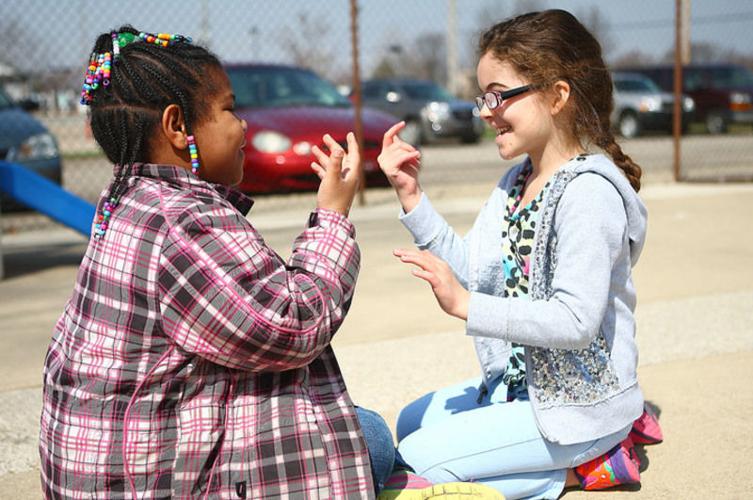
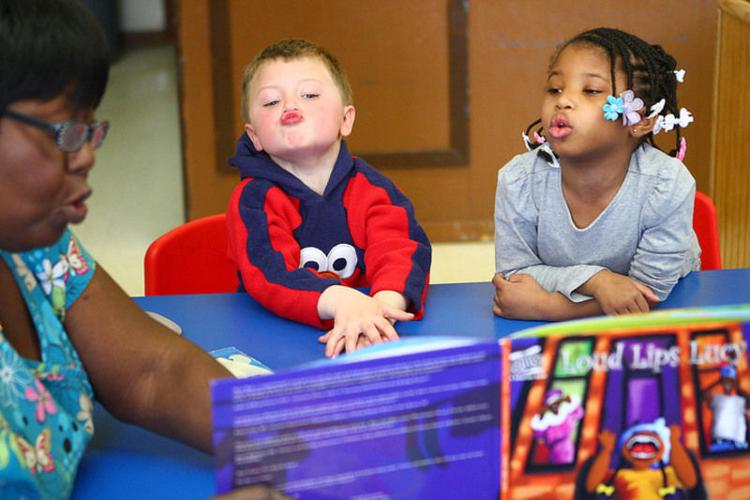
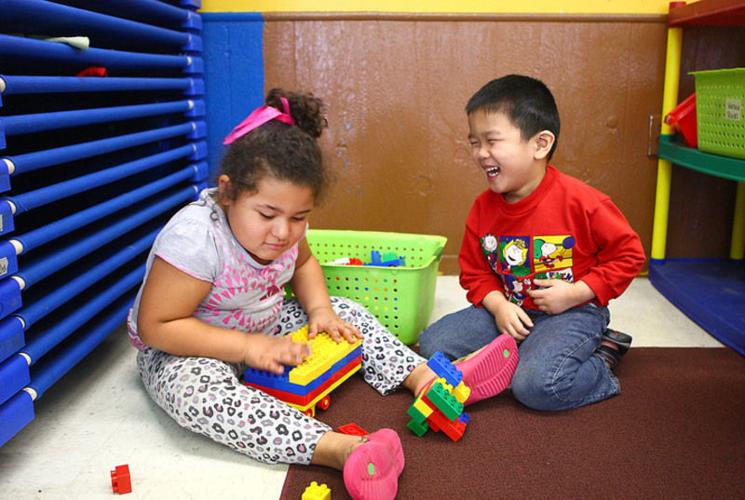







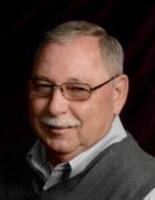

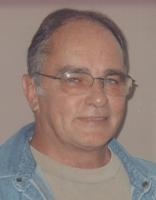
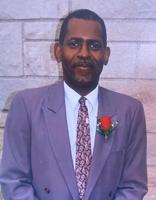
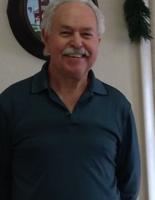
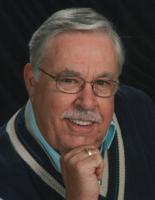
Commented
Sorry, there are no recent results for popular commented articles.